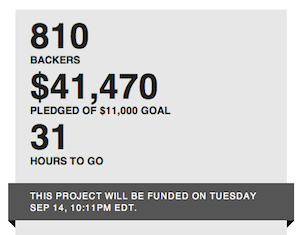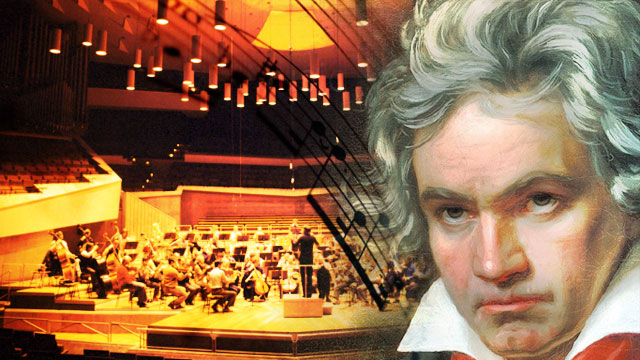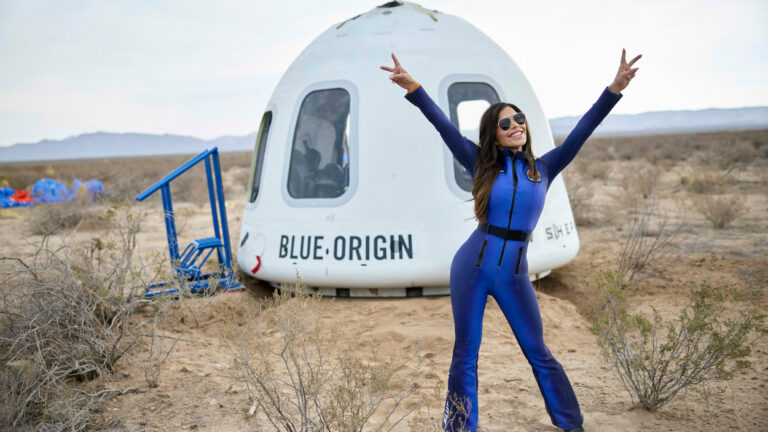A radio host recently "referred to me as a Communist," says Musopen's Aaron Dunn. Music professors berate him by e-mail because his project is "like Napster." Dunn's crime? Setting music free.
In fact, though, Dunn's version of "freedom" looks little like Napster. Instead of distributing a recording without permission, Dunn raises money, hires orchestras to record terrific classical music ("I was a bassoon student," he says) that has fallen into the public domain, and then makes those recordings available to anyone, for any reason.
Those reasons might include using Beethoven's "Für Elise" in an indie film—indie filmmakers being some of Musopen's heaviest users—but Dunn has heard from shows like Mythbusters who also needed a bit of classical music for a segment. Wikipedia uses Musopen music to illustrate its entries on classical music.
People are willing to fund the idea. "Someone offered me $1,000 yesterday and asked how much Smetana I could record," Dunn told me, but funding for the part-time project has been sporadic to date.

To drum up the excitement and donor base needed to give Musopen ongoing life, Dunn put the project on Kickstarter, seeking $11,000 to "hire an internationally renowned orchestra to record and release the rights to: the Beethoven, Brahms, Sibelius, and Tchaikovsky symphonies. We have price quotes from several orchestras and are ready to hire one, pending the funds." The project had a goal, a deadline, and a sense of urgency, all elements that Musopen's fundraising has lacked in the past.
With one day left to go, the Kickstarter projected has now secured more than $41,000, much of it after recently being featured on Slashdot. Intoxicated with the support and the promise of cash, Dunn has big dreams. He could hire a "brand-name" orchestra like the London Philharmonic, for instance. Sure, it would burn up all of the money and only generate a single symphony, but what a symphony it would be.



 Loading comments...
Loading comments...
